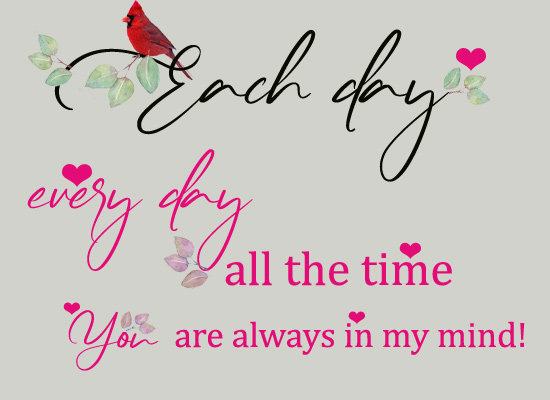
Each of You Is or Each of You Are: Unraveling the Grammatical Conundrum
I vividly recall my high school English teacher’s unwavering insistence on using “each of you is” instead of “each of you are.” It sparked countless debates among us students, each one convinced of their grammatical superiority. Years later, I find myself revisiting this linguistic puzzle, eager to decode the complexities that lie beneath its surface.
The choice between “each of you is” and “each of you are” revolves around the concept of subject-verb agreement. In grammar, the subject of a sentence must match the verb in terms of number and person. “Each” is a singular subject, implying that it represents a single entity. Therefore, the verb that follows “each” should be singular as well.
Subject-Verb Agreement
Singular Subject, Singular Verb
When the subject of a sentence is singular, the verb must also be singular. This rule applies to “each” as well. For example:
- Each of the students is working on their project.
- Each of the books is on the shelf.
Plural Subject, Plural Verb
When the subject of a sentence is plural, the verb must also be plural. For example:
- The students are working on their projects.
- The books are on the shelves.
Exception for “Each”
The rule of subject-verb agreement has an exception when the pronoun “each” is followed by a plural noun. In such cases, either a singular or a plural verb can be used. For instance:
- Each of the students is working on their project individually.
- Each of the students are working on their projects together.
Choosing Between “Is” and “Are”
To determine whether to use “is” or “are” with “each of you,” consider the following points:
- If “each of you” refers to a group of people acting independently, use “is.” For example: “Each of you is responsible for your own actions.”
- If “each of you” refers to a group of people acting collectively, either “is” or “are” can be used. For example: “Each of you is/are a valued member of our team.”
Trends and Developments
In recent years, there has been a growing acceptance of using “each of you are” in informal settings. This is likely due to the influence of spoken language, where subject-verb agreement is often less rigidly enforced. However, in formal writing, it is still considered preferable to use “each of you is” to maintain consistency with the rule of subject-verb agreement.
Tips and Expert Advice
To enhance your writing skills, consider the following tips:
- Be consistent: Choose either “is” or “are” and stick to it throughout your writing.
- Consider the context: Determine whether “each of you” refers to independent or collective action.
- Avoid overusing “each of you”: Use it sparingly to maintain clarity and avoid repetition.
FAQ
Q: Why is “each of you is” considered grammatically correct?
A: Because “each” is a singular subject, it requires a singular verb, which is “is.”
Q: Is it acceptable to use “each of you are” in informal writing?
A: Yes, it has become more acceptable in recent times, but it is still considered less formal than “each of you is.”
Q: What other pronouns follow the same rule as “each”?
A: Other singular pronouns, such as “everyone,” “everybody,” and “anyone,” also require singular verbs.
Conclusion
Navigating the complexities of “each of you is or each of you are” requires an understanding of subject-verb agreement and the nuances of the English language. By adhering to the guidelines outlined in this article, you can enhance your writing skills and ensure that your grammar is both accurate and effective. Now, I’d like to know from you – are you interested in delving deeper into the intriguing world of grammar?

Image: www.yaplakal.com

Image: www.123greetings.com
สรุปข้อมูลโครงการ “ม.33 เรารักกัน” ลงทะเบียนอย่างไร? ใครได้รับสิทธิ์ … Each English Grammar Today – a reference to written and spoken English grammar and usage – Cambridge Dictionary